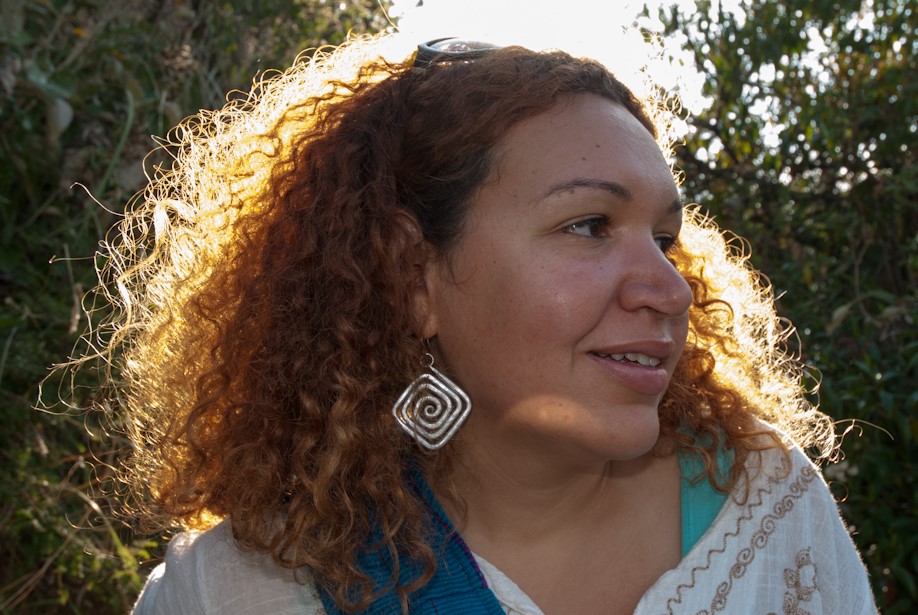 One of the country’s leading scholars, Lorgia García-Peña, discloses in a new book the harassment and “institutional violence” she faced while working as a faculty member at Harvard University.
One of the country’s leading scholars, Lorgia García-Peña, discloses in a new book the harassment and “institutional violence” she faced while working as a faculty member at Harvard University.
Garcia-Peña’s book, “Community as Rebellion: A Syllabus for Surviving Academia as a Woman of Color,” describes her experience working at a predominantly white university and highlights the need for change to make academia more accessible to students of color.
While working at Harvard, Garcia-Peña was the only tenure-track Black Latina professor in the school’s Faculty of Arts and Sciences. During her eight-year journey, she experienced abusive relations with her employer, ranging from aggressive comments from other professors to threats to her career. She was harassed on campus and in her classrooms, with people telling her, “You don’t belong here,” and yelling, “Build the wall.”
Garcia-Peña writes about these incidents of institutional violence in her book to “convey that that’s just one experience out of a multiplicity of violent experiences that women of color in particular, but not only, experience in the academy.”
In late 2019, Garcia-Peña was denied tenure, which led to an instant backlash amongst scholars and students. Students and academics staged protests, signed petitions, and called on the university to create a more formalized ethnic studies program. The faculty at Harvard did not support her, however. Garcia-Peña says, “While the students were protesting, they (her colleagues) would literally cross the street, to not be seen, to not be interpolated, to not have to engage.” Garcia-Peña now works for a tenured position at Tufts University, where she is an associate professor and chair of the department of studies in race, colonialism, and diaspora.
Another professor, Nikole Hannah-Jones, experienced a similar case to Garcia-Peña. The highly decorated journalist was not offered tenure in April 2021 at the University of North Carolina, despite earning a Knight Chair in Race and Investigative Journalism. The cases of both professors brought attention to the harsh realities faced by women and people of color in academia.
As potential solutions to improving faculty diversity, cluster hiring, and new postdoctoral fellowships have been brought up across the country. Garcia-Peña says that academia needs to think bigger and calls for a “revolution” that diversifies public funding. “The more open conversations we have about what is wrong with academia,” she said, “the more people can come into these career positions with their eyes wide open and knowing what to expect.”
What gives Garcia-Peña hope is the next generation of students and faculty who will do things differently in the future.

Recent Comments